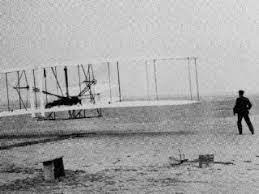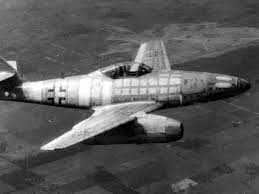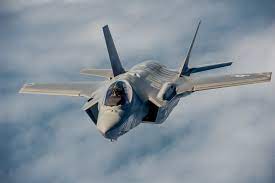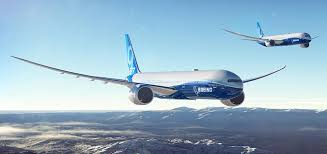Planes, also known as airplanes or aircraft, have revolutionized the way we travel and have had a significant impact on the world since their inception. The history of planes is a fascinating one, from the first successful flight by the Wright brothers to the modern-day airliners that can carry hundreds of passengers across the world.
The concept of flight dates back to ancient times, with people attempting to fly by attaching wings to their arms or jumping off high places with homemade wings. However, it wasn’t until the late 19th and early 20th centuries that planes as we know them today began to take shape.
The Wright brothers, Orville and Wilbur, are credited with inventing the first successful airplane in 1903. Their aircraft was a biplane with a wingspan of 40 feet and was powered by a 12 horsepower engine. It flew for just 12 seconds, but it was a historic achievement that paved the way for the development of modern planes.

After the Wright brothers’ success, there was a rush to create more advanced planes. In 1914, the first commercial flight took place, with a plane carrying a single passenger from St. Petersburg to Tampa, Florida. By the 1920s, planes were being used for mail delivery and passenger transport on a larger scale.
During World War II, planes played a crucial role in military operations. Advances in technology led to the creation of powerful fighter jets and bombers that could travel long distances and carry heavy payloads. The development of jet engines in the 1950s and 60s further revolutionized the aviation industry, allowing for faster and more efficient travel.

Today, planes are used for a variety of purposes, from commercial air travel to military operations and scientific research. Modern planes can carry hundreds of passengers, travel at speeds of up to 600 miles per hour, and fly at altitudes of up to 40,000 feet.


While planes have had a significant impact on the world, they have also had negative effects, such as contributing to air pollution and climate change. Efforts are being made to develop more environmentally friendly planes and reduce their impact on the environment.
In conclusion, the history of planes is a fascinating one that has changed the world in many ways. From the first successful flight by the Wright brothers to the modern-day airliners that can carry hundreds of passengers, planes have come a long way. While there are negative effects associated with air travel, planes continue to be an important part of our lives and are likely to play a crucial role in the future as well.

